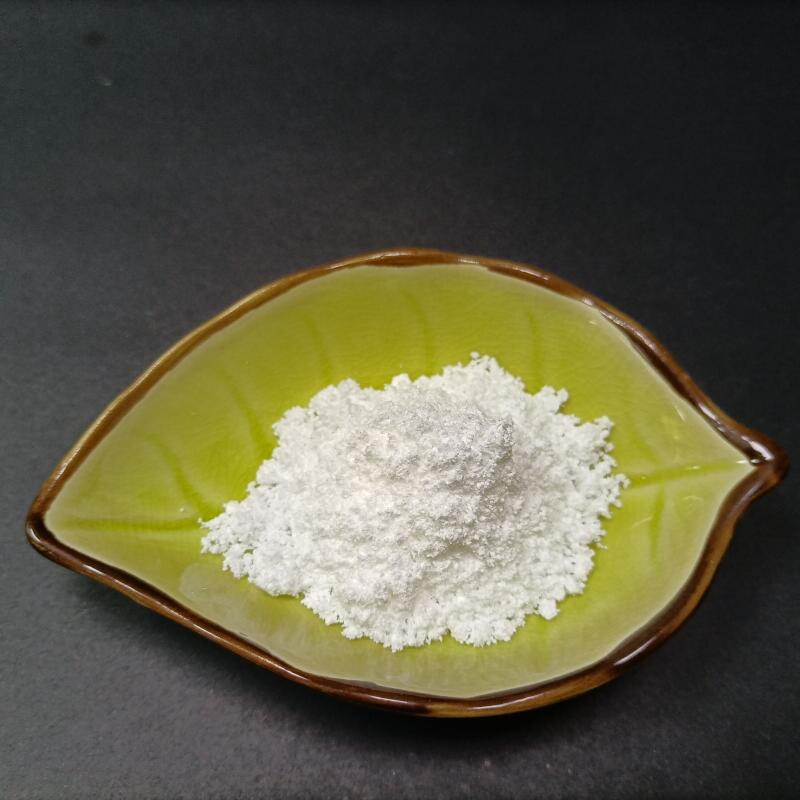-
Categories
-
Pharmaceutical Intermediates
-
Active Pharmaceutical Ingredients
-
Food Additives
- Industrial Coatings
- Agrochemicals
- Dyes and Pigments
- Surfactant
- Flavors and Fragrances
- Chemical Reagents
- Catalyst and Auxiliary
- Natural Products
- Inorganic Chemistry
-
Organic Chemistry
-
Biochemical Engineering
- Analytical Chemistry
-
Cosmetic Ingredient
- Water Treatment Chemical
-
Pharmaceutical Intermediates
Promotion
ECHEMI Mall
Wholesale
Weekly Price
Exhibition
News
-
Trade Service
Source: diatribe
Source: diatribePublic health experts estimate that 70% of the world’s 7.
9 billion people must be fully vaccinated to end the new crown pandemic
.
As of June 21, 2021, 10.
10.
In low-income countries, only 0.
The proportion of the global population that has been vaccinated against the new crown
Distribution is distribution
Many wealthy countries have adopted the strategy of over-purchasing the dose of the new crown vaccine in advance
.
For example, analysis shows that the United States has purchased 1.
The number of scheduled vaccine doses per capita before the new crown vaccine is launched
.
Reserving coronavirus disease 2019 vaccines for global access: cross sectional analysis BMJ 2020; 371 :m4750 doi:10.
The number of scheduled vaccine doses per capita before the new crown vaccine is launched
Countries that account for only one-seventh of the world’s population stock more than half of all available vaccines
Medical staff spraying disinfectant outside the ward where COVID-19 patients are being treated in the N'Djamena Facha Provincial Hospital in Chad
.
Source: voanewsMedical staff spraying disinfectant outside the ward where COVID-19 patients are being treated in the N'Djamena Facha Provincial Hospital in Chad
Even COVAX's goal-to allow low-income countries to "receive enough doses to vaccinate up to 20% of their population"-cannot control the spread of the new crown in these places
.
The cost of non-cooperation
The cost of non-cooperationLast year, researchers at Northeastern University simulated two vaccine launch strategies
.
Their numerical simulations found that if countries cooperate to implement a fair global vaccine distribution plan, 61% of global deaths will be avoided, while if high-income countries get the vaccine first, this proportion is only 33%
In short, when countries cooperated, the number of deaths caused by the new crown fell by about half
.
Access to vaccines within countries is also unfair—especially in countries where there are already severe inequalities
.
For example, in Latin America, there are a disproportionate number of elites among the very few vaccinated: political leaders, business tycoons, and people who can go abroad for vaccinations
.
This deepens broader health and social inequalities
.
For the time being, the result is two independent and unequal societies in which only the wealthy can be protected from destructive diseases that continue to ravage those who cannot get a vaccine
.
AIDS mistakes repeat?
AIDS mistakes repeat?This is a familiar story in the HIV epidemic era
.
In the 1990s, the development of effective antiretroviral drugs against HIV/AIDS saved millions of lives in high-income countries
.
However, about 90% of people living with HIV globally do not have access to these life-saving drugs
.
.
About 90% of people living with HIV globally do not have access to these life-saving drugs
.
infection
Fearing to weaken their markets in high-income countries, pharmaceutical companies that produce antiretroviral drugs, such as Burroughs Wellcome, have adopted internationally uniform prices
.
Azidothymidine was the first drug to fight HIV, costing about US$8,000 a year-more than US$19,000 in today's US dollars
.
This effectively prevents people in poor countries from accessing effective AIDS drugs, including countries in sub-Saharan Africa, the epicenter of the epidemic
.
By 2000, 22 million people in sub-Saharan Africa were infected with HIV, and AIDS was the main cause of death in the region
.
HIV prevalence among adults in sub-Saharan Africa from 1982 to 2005
.
The World Bank and sub-Saharan Africa's HIV/AIDS crisis.
DOI: 10.
1503/cmaj.
061661
.
The World Bank and sub-Saharan Africa's HIV/AIDS crisis.
DOI: 10.
1503/cmaj.
061661
The crisis of unfair access to AIDS treatment has begun to dominate international news headlines, and the affluent world’s obligation to respond has become unignorable
.
South Africa’s President Nelson Mandela said in 2004: “ If we don’t devote all our energy and resources to deal with AIDS, then history will definitely judge us severely
.
”
.
If we do not devote all our energy and resources to deal with AIDS, history will definitely judge us severely
.
Pharmaceutical companies began to donate antiretroviral drugs to countries in need, and allowed local companies to produce generic drugs, providing high-volume, low-cost channels for poor countries that were severely affected
.
New global institutions such as the Global Fund to Fight AIDS, Tuberculosis and Malaria Fund , to finance health programs in poor countries
.
Under the pressure of grassroots activism, the United States and other high-income countries have also spent billions of dollars on research, development, and distribution of affordable HIV treatments worldwide
.
Strive for global cooperation
Strive for global cooperationAfter the development of antiretroviral drugs and the unnecessary death of millions of people, it took more than a decade for rich countries to make these life-saving drugs generally available
.
Fifteen months after the current pandemic, wealthy countries with high vaccination rates have begun to assume responsibility for increasing global vaccination rates
.
The leaders of the United States, Canada, the United Kingdom, the European Union and Japan recently pledged to donate a total of 1 billion doses of the new crown vaccine to poorer countries
.
It is not clear how their plan to "vaccinate the world" by the end of 2022 will be implemented, and whether recipient countries will receive enough doses to vaccinate enough people to control the spread of the virus
.
From Brazil to India, the goal of the end of 2022 will not be able to save developing countries
.
The number of deaths due to the new crown is now at a record high .
The AIDS pandemic shows that ending the coronavirus pandemic requires prioritizing access to the new crown vaccine on the global political agenda
.
Then, rich countries will need to cooperate with other countries to establish vaccine production infrastructure and expand global production
.
Finally, poorer countries need more funds to fund their public health systems and purchase vaccines
.
Rich countries and groups like the G7 can provide this kind of funding
.
These actions also benefit rich countries
.
As long as there are still unvaccinated people in the world, the new crown will continue to spread and mutate
.
Other variations will appear
.
As the United Nations Children's a statement of the Foundation in May 2021 he said: " In our interdependent world, unless everyone is safe, otherwise no one is safe
.
"
.
In our interdependent world, no one is safe unless everyone is safe
.
" " Leave a message here







